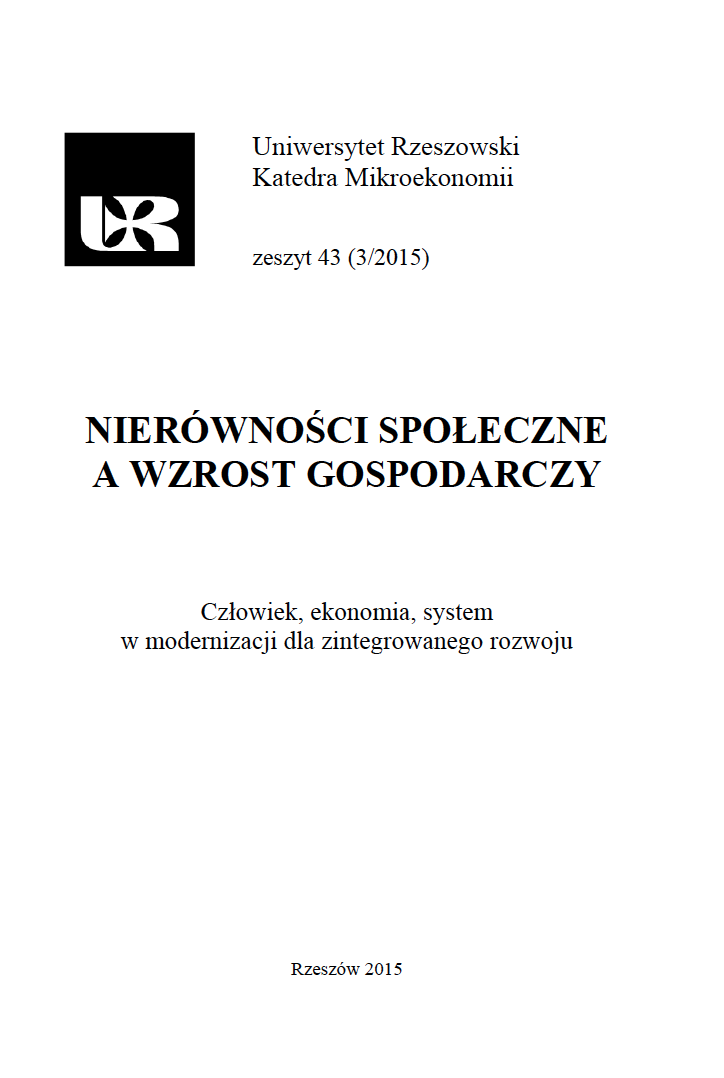La demande de monnaie en République Démocratique du Congodans les années 2004–2012
Demand for money in Democratic Republic of Congo
in the years 2004–2012
Author(s): Marcel Kamba-KibatshiSubject(s): Economy
Published by: Wydawnictwo Uniwersytetu Rzeszowskiego
Keywords: economy; market; central bank; RDC; currency; franc Congolese countries
Summary/Abstract: A country that does not control its currency and its financial system, does not control itseconomy. Money is an important tool for macroeconomic management. A credible monetarypolicy cannot be conducted in the Congo as it has not restored confidence in the country and in itsgovernance on the one hand, the other in the national economy and the Congolese franc to dothe only legal tender short on the extent of the Republic in accordance with the constitution. Toachieve all that he will think about making reforms in all economic sectors of the country. Thecurrency is the most visible sign of the economic performance of a country. The DR Congo hasexperienced decades inflationary experience unprecedented. Over the last fifteen years, theaverage inflation rate is 104 percent a year. This has cost the currency much of its value andcredibility. Introduced in 1998 to parity 1.3 Congolese francs to the US dollar, the Congolesecurrency depreciated to 940 Congolese francs against the greenback in June 2014. The evaluation that we made the last fifteen years is a failure because the franc today is worth nothingcompared to the country had introduced in June 1998. The currency reform was supposed tomark the biggest change in the management of public affairs and inspire confidence in the future of the country.
Journal: Nierówności Społeczne a Wzrost Gospodarczy
- Issue Year: 2015
- Issue No: 43
- Page Range: 387-409
- Page Count: 23
- Language: French

